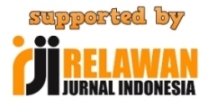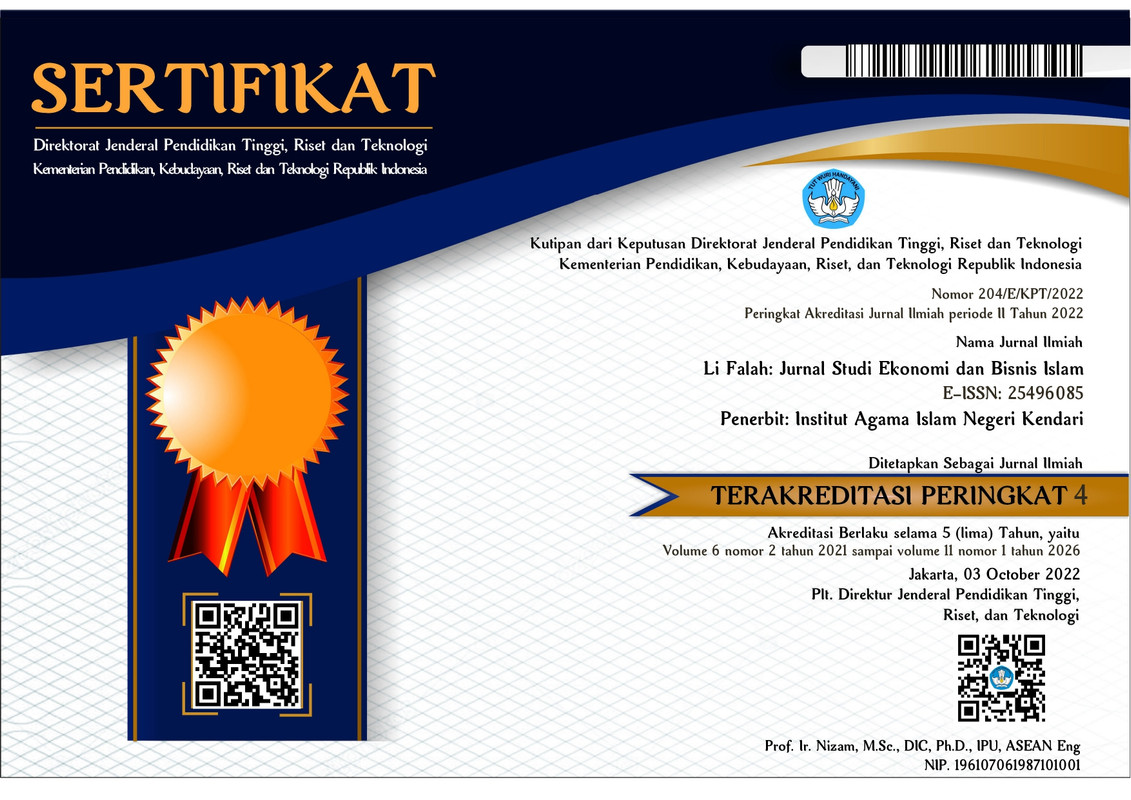Waqf Conflict Resolution Through Mediation (Islamic And Bugis Norm Perspective)
Abstract
The purpose of this study is to identify the causes of disputes and to describe the dispute resolution process through non-litigation mediation in Islamic and Local Norm Perspective. The type of research that compilers use is field research, namely by obtaining data from interviews, observations, and related file searches. Furthermore, this research is supported by library research as a complement. The approach in this study is a juridical-empirical approach. The results of the study concluded that The dispute that occurred was related to the status of the land that was built on top of the Madrasah DDI Labukkang. The cause of the dispute is based on two theories, the theory of Principle negotiation and the Theory of basih human needs. The mediation process is carried out through 3 stages. First is pre-mediation. Mediation conducts the plans related to the preparation of mediation. Second is the execution of mediation. The mediator presents the disputing parties, gives an opportunity to all parties to provide information. The last is the emplementation of mediation. From the syariah perspective, the mediation complies with the 12 basic principles in Islamic Mediation. From the Bugis Norms, it complies with the five norms called pangngadareng.
Keywords
Full Text:
PDFReferences
Al-Qur’an and its traslation
Azzam.Abd. Aziz Muhammad, Fiqh Mu’amalat, Cairo: Maktabah al-Risalah adDauliyah, Fak. Syari’ah Islamiah Univ. al-Azhar, Cairo-Mesir, 1998
Fisher. Simon, dkk, Mengelola Konflik: Keterampilan dan Strategi Untuk Bertindak, Cetakan Pertama, Alih Bahasa S.N. Kartikasari, dkk, Jakarta: The British Counsil, Indonesia, 2001
Fred R. Kerlinger, Foundation of Behaviour Research, Cet. XII; Newyork: Holt Rinehart and Winston Inc., 1973
Hadi. Sutrisno, Metodologi Research, jilid I, Cet. XX; Yogyakarta: Audi Ofsser, 1987
James A. Black dan Dean J. Champion, Metode and Sosial Research, Alih Bahasa E. Koeswara, Metode dan Masalah Penlitian Sosial, Bandung: Rifika Aditama, 1999.
Jones. Tricia S. and Dan Kmitta, School Conflict Management: Evaluating Your Conflict Resolution Education Program, Ohio: Ohio Commission on Dispute Resolution & Conflict Management, 2001
Kamus Besar Bahasa Indonesia, Jakarta: Balai Pustaka, 2005
Khathib. Muhammad, Al-lqna’,jilid I, Beirut: Dar AI-Ma’rifah 1974
Koentjaraningrat, Metode-metode Penelitian Masyarakat, Jakarta: Gramedia, 1993
Levine. Stewart, Getting to Resolution, Turning Conflict into Collaboration, San Fransisco: Berrett Koehler Publishers Inc, 1998
Lexy J. Moeloeng, Metodologi Penelitian Kualitatif, Bandung: Rosdakarya, 1989
Mardalis, Metode Penelitian: Suatu Pendekatan Proposal, Jakarta: Bumi Aksara, 2004
Mindes. Gayle, Teaching Young Children Social Studies (United States of America: Praeger Publishers, 2006
Moh. Nazir, Metode Penelitian, Cet. III; Jakarta: Ghalia Indonesia, 1988
Morton.Deutsch and Peter T. Coleman, The Handbook of Conflict Resolution, Theory and Practice, San Fransisco: Jossey-Bass Publisher, 2006
Muhajir. Noeng, Metodologi Penelitian Kualitatif, Yogyakarta: Rake Sarasin, 1996
Munawar. Said Agil Husin, Hukum Islam dan Pluralitas Sosial, Jakarta: Penamadani, 2004
Narwoko. J. Dwi dan Bagong Suyanto, Sosiologi Teks Pengantar dan Terapan, Jakarta: Kencana Prenada Media Group, 2005
Scanell. Mary, The Big Book of Conflict Resolution Games, United States of America: McGraw-Hill Companies, Inc, 2010.
Setiadi.lly M. dan Usman Kolip, Pengantar Sosiologi Pemahaman Fakta dan Gejala Permasalahan Sosial: Teori, Aplikasi, dan Pemecahannya, Jakarta: Kencana Prenada Media Group, 2011
Soekanto.Soerjono, Kamus Sosiologi, Jakarta: PT. Raja Grafindo Persada, 1993
Sutrisno dkk, Metodologi Research Yogyakarta: Yayasan Penerbit Fakultas Psikologi UGM, 2004
Syarbiny, Mughni AI-Muhtaj, Juz. 10, Kairo : Musthafa Al-Halaby,1972
Vreden. Berg, Merode dan Tehnik Penelitian Masyarakat, Jakarta: Gramedia, 1978
Winarto Suracmad, Pengantar Penelitian Ilmiah, Bandung: Tarsito, 1990
Wiradi.Gunawan, Pola Penguasaan Tanah dan Reforma Agraria, dalam Sediono M.P. Tjondronegoro & Gunawan Wiradi (penyunting). Dua Abad Penguasaan Tanah: Pola Penguasaan Tanah Pertanian dari Masa ke Masa, Jakarta: Yayasan Obor Indonesia dan PT Gramedia,1984
Zeitlin. Irving M, Memahami Kembali Sosiologi, Yogyakarta: Gajah Mada University Press, 1998
Zuhali. Wahbah, al-Fiqhu al-Islami Wa Adillatuhu, Damaskus: Dar al-Fikri al Mu’ashir, 1973
DOI: http://dx.doi.org/10.31332/lifalah.v4i1.1373
Copyright (c) 2019 Muhammad Majdy Amiruddin

This work is licensed under a Creative Commons Attribution-ShareAlike 4.0 International License.
Li Falah : Jurnal Studi Ekonomi dan Bisnis Islam, Indexed In
Accredited By
View My Stats
Organized by : Fakultas Ekonomi dan Bisnis Islam
Published by : Institut Agama Islam Negeri Kendari
Jl. Sultan Qaimuddin No. 17 Baruga Kota Kendari Provinsi Sulawesi Tenggara
phone. +62401-3193710
Fax. +62401-3193710
Email: [email protected]



















